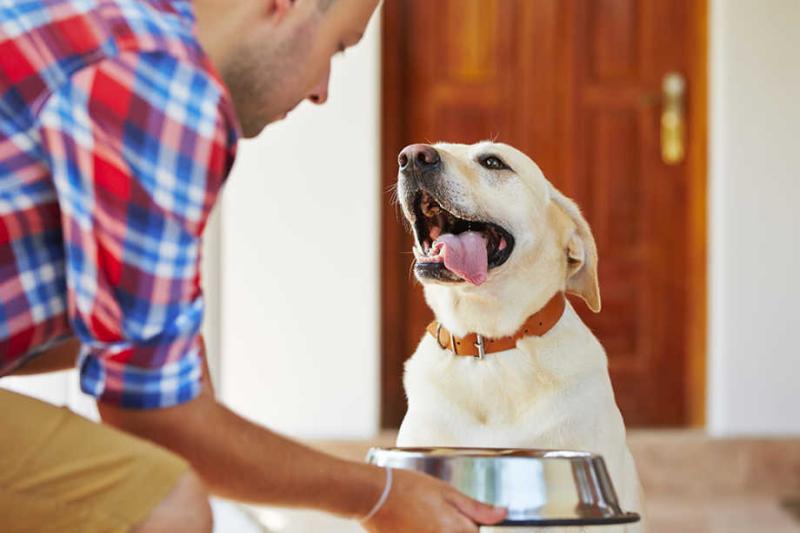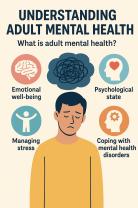Why is my dog not eating and drinking?
A dog not eating and drinking can be a cause for concern, and there are various reasons why this behavior may occur. While some temporary loss of appetite can be normal, persistent refusal to eat or drink may indicate an underlying health issue. Here are some potential reasons why your dog may not be eating or drinking:
Illness or Pain:
- Dogs may refuse to eat or drink if they are unwell or experiencing pain. Various health issues, such as infections, dental problems, gastrointestinal disorders, or organ dysfunction, can contribute to a loss of appetite.
Stress or Anxiety:
- Changes in the environment, routine, or exposure to stressful situations can lead to a dog refusing to eat or drink. This may include moves to new homes, the introduction of new pets, or other significant changes.
Dietary Issues:
- Dogs can be picky eaters, and changes in diet or the introduction of new food may cause them to lose interest in eating. Some dogs may also refuse to eat certain types of food.
Environmental Factors:
- Extreme temperatures, discomfort, or exposure to toxins in the environment can affect a dog's willingness to eat or drink.
Gastrointestinal Upset:
- Issues such as gastritis, colitis, or other gastrointestinal problems can lead to nausea and a reluctance to eat.
Dental Problems:
- Painful dental conditions, such as gum disease or broken teeth, can make eating uncomfortable and lead to a loss of appetite.
Medication Side Effects:
- Some medications may cause side effects, including changes in appetite. If your dog is on medication and refuses to eat or drink, consult your veterinarian.
Parasitic Infections:
- Internal parasites, such as worms, can affect a dog's digestive system and cause discomfort, leading to a decreased appetite.
Systemic Diseases:
- Diseases that affect the entire body, such as kidney disease, liver disease, or certain endocrine disorders, can result in a loss of appetite.
Injury or Trauma:
- Physical injuries or trauma may cause pain and discomfort, affecting a dog's desire to eat or drink.
Veterinary Advice:
If your dog is not eating or drinking, it's crucial to seek veterinary attention, especially if the behavior persists or is accompanied by other concerning symptoms. Here are steps to take:
Observe Other Symptoms:
- Note any other changes in behavior, such as lethargy, vomiting, diarrhea, changes in posture, or signs of pain.
Check for Obvious Issues:
- Examine your dog for any signs of injury, check the mouth for dental problems, and assess the environment for potential toxins.
Consult the Veterinarian:
- Schedule a visit to the veterinarian for a thorough examination. The vet may conduct diagnostic tests, such as bloodwork, imaging, or fecal analysis, to identify the underlying cause.
Provide Relevant Information:
- Inform the veterinarian about any recent changes in your dog's diet, environment, or routine. Mention any medications or supplements your dog is taking.
Follow Treatment Recommendations:
- If a specific health issue is identified, follow the veterinarian's treatment recommendations. This may include medication, dietary changes, or other interventions.
Encourage Hydration:
- If your dog is not drinking, dehydration can become a concern. Consult your veterinarian for advice on encouraging hydration, which may include offering ice cubes or diluted chicken broth.
Prompt veterinary attention is crucial to identify and address the underlying cause of your dog's refusal to eat or drink. Delaying treatment can lead to further complications, especially if there's an underlying medical condition. Always follow the guidance of your veterinarian for the well-being of your dog.
Canine hydration and nutrition: Why is my dog not eating and drinking?
A dog's refusal to eat or drink is a cause for concern, as it can indicate underlying health issues or behavioral changes. Understanding the potential reasons behind this behavior is crucial for providing prompt and appropriate care.
2. Exploring Potential Reasons for a Dog's Refusal to Eat or Drink
Several factors can contribute to a dog's reluctance to eat or drink, including:
Medical Conditions: Illnesses such as dental problems, gastrointestinal issues, urinary tract infections, and metabolic disorders can cause appetite loss and decreased water intake.
Medications: Certain medications may have side effects that suppress appetite or thirst.
Stress and Anxiety: Changes in environment, separation anxiety, or other stressful events can lead to behavioral changes, including decreased food and water consumption.
Dietary Changes: Introducing a new food or making sudden changes to a dog's diet can cause temporary appetite loss.
Environmental Factors: Extreme temperatures, lack of access to clean water, or an unpleasant eating area can discourage a dog from eating or drinking.
3. Strategies for Pet Care: Addressing Decreased Appetite and Water Intake
When faced with a dog's refusal to eat or drink, pet owners should:
Observe and Document: Closely monitor the dog's behavior, noting the duration and severity of the decreased appetite or water intake. Record any other symptoms such as vomiting, diarrhea, or lethargy.
Seek Veterinary Advice: Schedule an appointment with a veterinarian to rule out any underlying medical conditions. The veterinarian will conduct a thorough examination and may recommend diagnostic tests.
Address Medical Issues: If a medical condition is identified, follow the veterinarian's treatment plan to address the underlying cause of the appetite or thirst loss.
Encourage Eating and Drinking: Offer a variety of palatable food options, warm food slightly, and hand-feed if necessary. Ensure access to fresh, clean water at all times.
Maintain a Consistent Diet: Avoid frequent changes to the dog's diet and stick to high-quality, balanced food.
Manage Stress and Anxiety: Provide a calm and stable environment, maintain a consistent routine, and engage in regular exercise and playtime.
Preventative Measures: Schedule regular dental checkups, avoid sudden dietary changes, and address any potential sources of stress.
Tips for Promoting and Monitoring Your Dog's Overall Health and Well-being
Regular Veterinary Checkups: Schedule annual wellness examinations and follow the veterinarian's recommendations for preventive care, including vaccinations and parasite control.
Nutrition: Provide a balanced and age-appropriate diet tailored to your dog's individual needs.
Hydration: Ensure constant access to fresh, clean water. Encourage water intake by adding ice cubes to water or offering flavored water.
Exercise: Engage your dog in regular physical activity to maintain a healthy weight and promote overall well-being.
Behavioral Training: Address any behavioral issues promptly to prevent stress and anxiety.
Environmental Enrichment: Provide toys, puzzles, and interactive activities to stimulate your dog's mind and prevent boredom.
Close Observation: Regularly monitor your dog's behavior, appetite, and water intake for any signs of changes that may indicate underlying issues.












